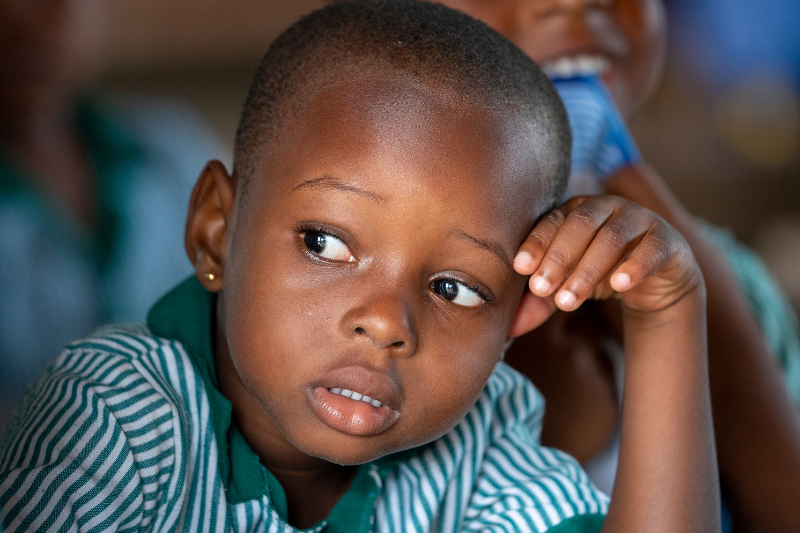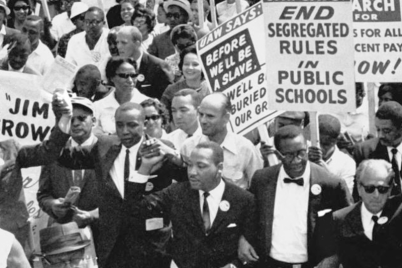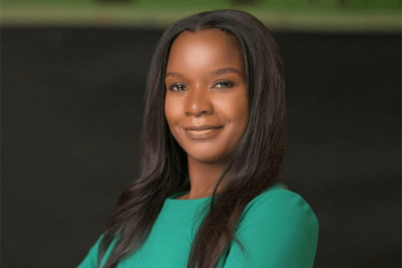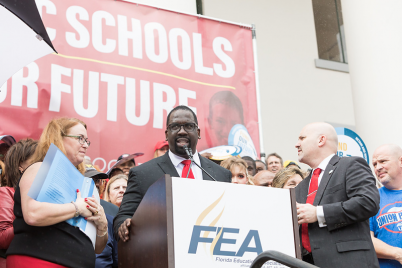Dear Editor:
The Pinellas Early Educators United Association (PEEUA) was formed in March of 2020 as a response to the pandemic. A small group of early educators in south St. Petersburg had already been meeting in person for months before the outbreak to identify issues they grappled with and to plan responsive actions.
When the pandemic hit, they began offering their meetings virtually and invited other educators to join the group to support one another. The meetings attracted educators from all over the county in regular numbers every week, so the founders agreed to expand the group to include educators outside of south St. Petersburg, ensuring that issues of racial injustice and inequities were to remain a priority.
Group members quickly identified that a formal supportive entity had been needed by early educators for many years that would be dedicated to addressing their needs and the families they serve as its singular mission and priority.
The group decided to formalize and work towards developing a nonprofit to speak on their behalf to address issues significant to their profession. This, along with a firm intent to maintain a focus on helping the most vulnerable children and the teachers who care for them, was to shape the mission that would become the PEEUA.
One major issue to address at the outset was asking that local and state representatives take immediate action to allow both childcare centers and family childcare homes to have access to emergency relief funding and grants without repayment to ensure they could survive and continue serving families.
While multiple funding sources offering support to businesses in Tampa Bay were taking immediate action, most of them were inaccessible to the early childhood profession for a host of reasons, including that many childcare businesses are not nonprofits despite their bleak earnings, or they are a home-based business and not considered a legitimate industry.
The first order of business for the PEEUA was to make numerous initial requests to local officials to join the meetings to understand that a pervasive and historical lack of access to funds and supports for early educators was barely tolerable before the pandemic and would likely lead to the catastrophic failure of the profession during the pandemic.
Folks who were willing to listen to their pleas for help attended the meetings, including the St. Petersburg Mayor Rick Kriseman, leaders of agencies with emergency funding plans, local commissioners, and even a senator. This along with a letter from the National Association of the Education of Young Children (NAEYC) that was drafted in March of 2020 to the U.S. Congress with multi-agency support to ask for similar support for childcare providers to access federal funding, began to move the needle.
The work continues.
With a current focus on early education coming from multiple causes, including the break in workflow due to the pandemic that put a spotlight on the value of reliable child care, and President Biden’s current plan that directs funding and focus on the critical nature of high-quality education for children before they get into kindergarten, the educators associated with the PEEUA have joined together in a unison of voices to respond, advocate, and act for a new future.
The early educators of Pinellas County do not intend to wait for the government to determine or dictate what is quality in educating our very young or how to deliver it. They intend to partner, inform, advocate and direct the shift in supporting teachers and educating our very young to ensure the best outcomes for everyone and a better world for us all to live.
Despite a plethora of research that clearly cites the critical nature of early brain development and its need for responsive, nurturing and educational settings as a crucial foundation for long-term school success. Despite years of oversight from numerous agencies that include adherence to strict contract regulations to be allowed to serve children in need of subsidized care, along with a litany of licensing requirements that ensure a safe and healthy environment.
Despite a host of quality measures to choose from in the form of curriculum, lesson planning, and ongoing, typically unpaid teacher education, and despite the fact that evidence has shown that children who emerge from the swaddling swell of a high-quality early education program with dedicated teachers and appalling low salaries still results in a higher rate of high school graduation and overall greater educational outcomes, the view of the profession of early education by society, in general, has remained dismal.
Too many times, the policymakers of our state and county have focused on repairing the damage after it started by funding after-kindergarten programs to reverse the trajectory. Arguments for funding or support directed at early education feels too much like throwing a dollar into a beggar’s cap with no hope of a full recovery, only a brief reprieve.
The bleak underlying feeling is that the problem is too big to fix; it has gone on too long. There are too many systems built around babysitting children under five and starting the real education afterward to go back and start all over. But while everyone else was in that mindset, the early educators knew better.
They saw the power in educating the three-year-old child about emotional regulation, the reward in teaching the four-year-old the social skills to make the transition she needs to cross over when she hits the big leagues.
They have spent hours learning about STEM for infants, toddlers and preschoolers in a way that would link their kids into a new future, they have consulted with experts across the country in conferences, workshops, and night classes to increase their knowledge base in multiple academic areas.
They have sought out lengthy trainings and endorsements in trauma responses, gathered in groups to practice evidence-based practices in discipline, teaching, lesson planning, and classroom management. They have merged business degrees with a love and passion for children and gone back to school for early education degrees or certifications while running a business and raising a family.
They have made hefty financial investments and spent hundreds of hours outside of the classroom to bring their centers and family childcare homes to higher levels of quality through national accreditations. They had gone to work when no one else could or would risk their health and their lives and their families to do what is in their heart to do; serve others.
They feel they are put on this earth to care for and educate young children. They have found ways to merge simple, loving, responsive, and nurturing care in their homes and centers with a commitment to educating the very young because they know one simple fact: early education counts. It counts BIG TIME, and they want others to know it too.
The PEEUA is the only newly-formed non-profit organization in Pinellas County created and developed with the single purpose of advocating for and supporting early childhood educators. The PEEUA strives to unify and strengthen educators of children ages birth to five to then strengthen and support the children and families they serve.
They have spent years talking about it, preparing their businesses for it, and doing it and doing it well. They get together every Thursday with the PEEUA Advisory Council and support group meeting to discuss the issues that matter most to them and strategize plans to address them. They are not waiting for others to take pity or notice and help them; they have learned to help themselves, and they are doing it together.
While the nation watches and waits for the work of congress and the president, the early educators of Pinellas County are working, planning, and growing strong together.
To learn more about us go to, visit peeua.com








